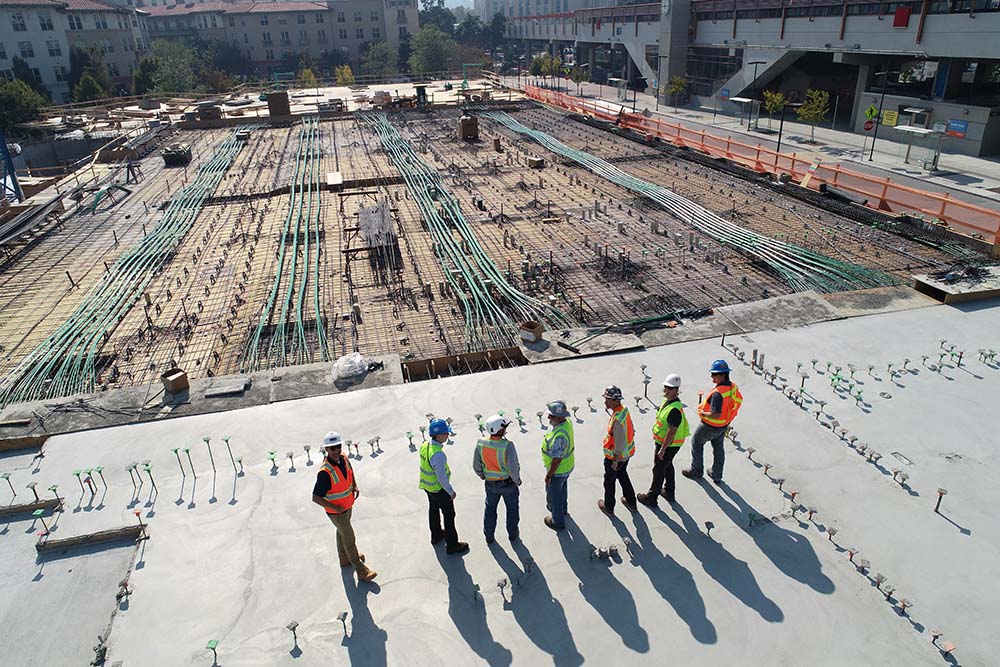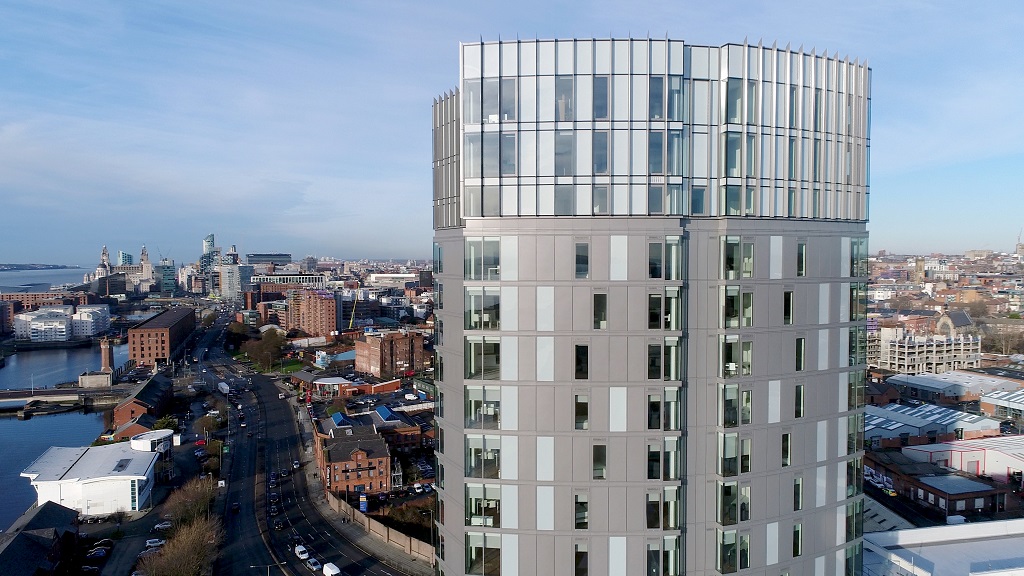The world of property investment can be daunting for newcomers, with so many varied factors and figures, where do you begin? To try and help answer your questions, we have put together this guide on how to get started with property investment.
Read Article
In this guide we’ll explore the ins and outs of student property investment, including how to do it, the pros and cons, as well as how to cash-out of your investment should the need arise.
Read Article
Off-plan property investment can be an extremely lucrative method when done correctly, but if you’ve never heard of off-plan properties, how do you where to start?
Read Article
Knowing where to begin in such an established industry can often be quite tricky, but our experts here at Pure Investor have compiled our knowledge and experience into a helpful guide to help you get started!
Read Article
Investing in HMOs can be very to different to investing in standard residential buy to let properties. This often makes investors without experience in HMO investment hesitant to enter the market.
Read Article
Over the years, Liverpool has seen a considerable growth in demand from investors from overseas primarily concentrating on the rising demand for both student and buy to let property.
Read Article
Sheffield offers investors a range of buy-to-let investment opportunities located in the heart of the city, making them very appealing to buyers.
Read Article
Despite not being as in-demand as other cities in the North West such as Liverpool and Manchester, Preston is starting to make its own mark on the world of property investment and buy-to-let.
Read Article
Leeds is one of these cities welcoming new residents with open arms who want more affordable housing, cheaper education and an overall more affordable way of life.
Read Article
Stockport’s huge regeneration scheme has put the town on the radar of property investors everywhere and with the average prices of homes increasing by 19% in the last 5 years it’s easy to see why!
Read Article
Birmingham ranks as one of the most popular cities in Europe to invest in and could be at the midst of a property boom with a variety of developments and soon to be underway.
Read Article
Naturally, London has been the go-to spot for investing in property, both commercial and domestic for decades. It still holds its reputation even today and continues to be fierce competition for neighbouring cities, and cities around the world.
Read Article
With a strong rental market in the city, Manchester has long been considered one of the best areas for property investment in the UK.
Read Article
By setting the monthly rental fee at the right price, investors are able to control a constant income from their property. It is, however, very important to charge the right amount.
Read Article
This helpful guide outlines the most common types of tax that buy to let investors face.
Read Article
Property yields and return on investment is an important element that needs to be understood by potential investors, as the return of money is the sole reason as to why most property investors do indeed invest in property.
Read Article
It is generally considered that mortgages for a buy-to-let property have similar rules to that of a normal property; however there are some key differences that investors need to be aware of before they invest in their property.
Read Article
The biggest element of property investment is of course the money behind the investment itself. Being able to finance the investment in the initial stage, and throughout the period of owning the property, is essential to generating the expected return on investment.
Read Article